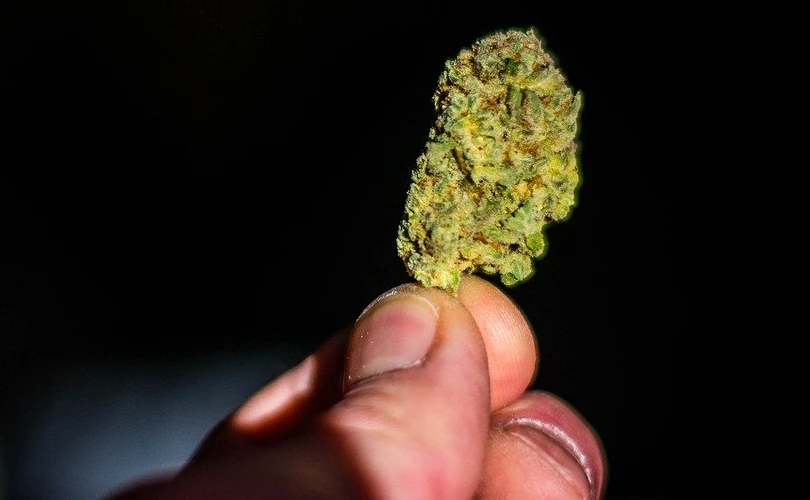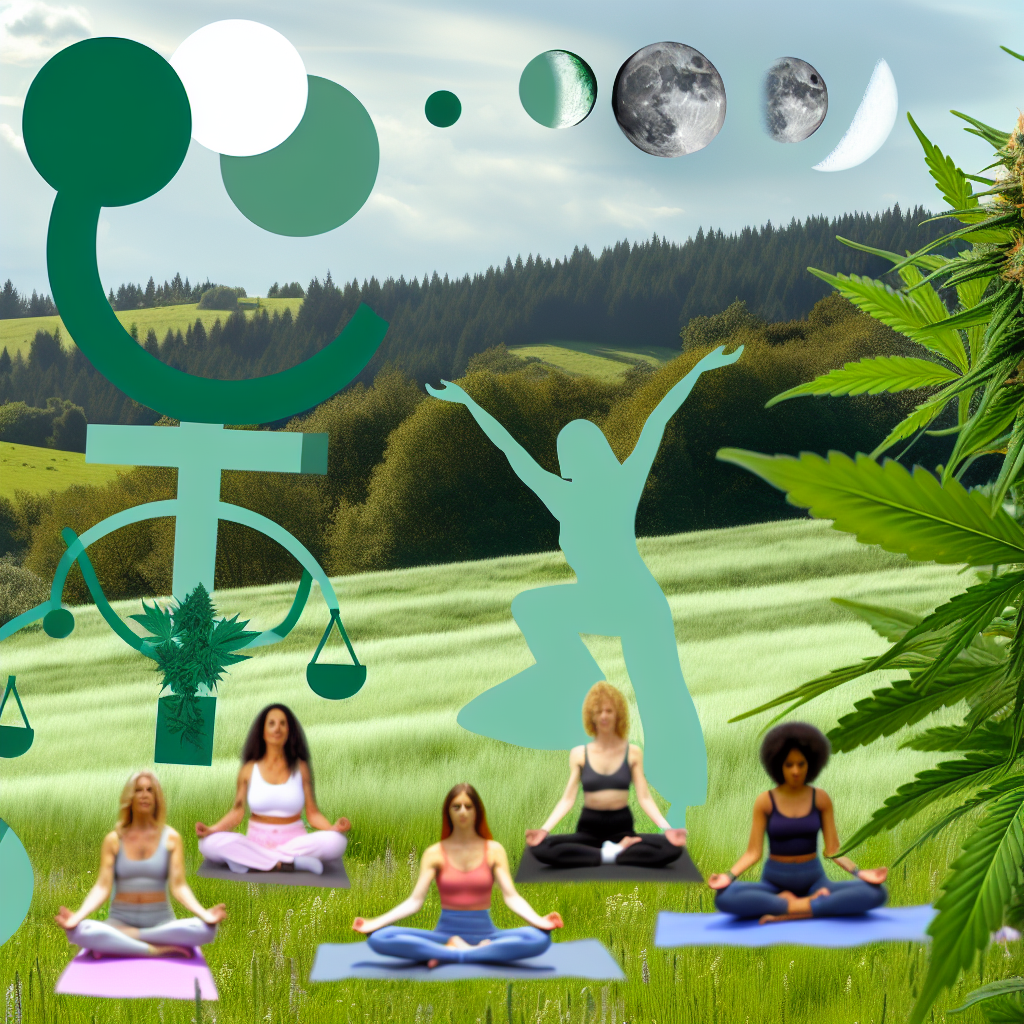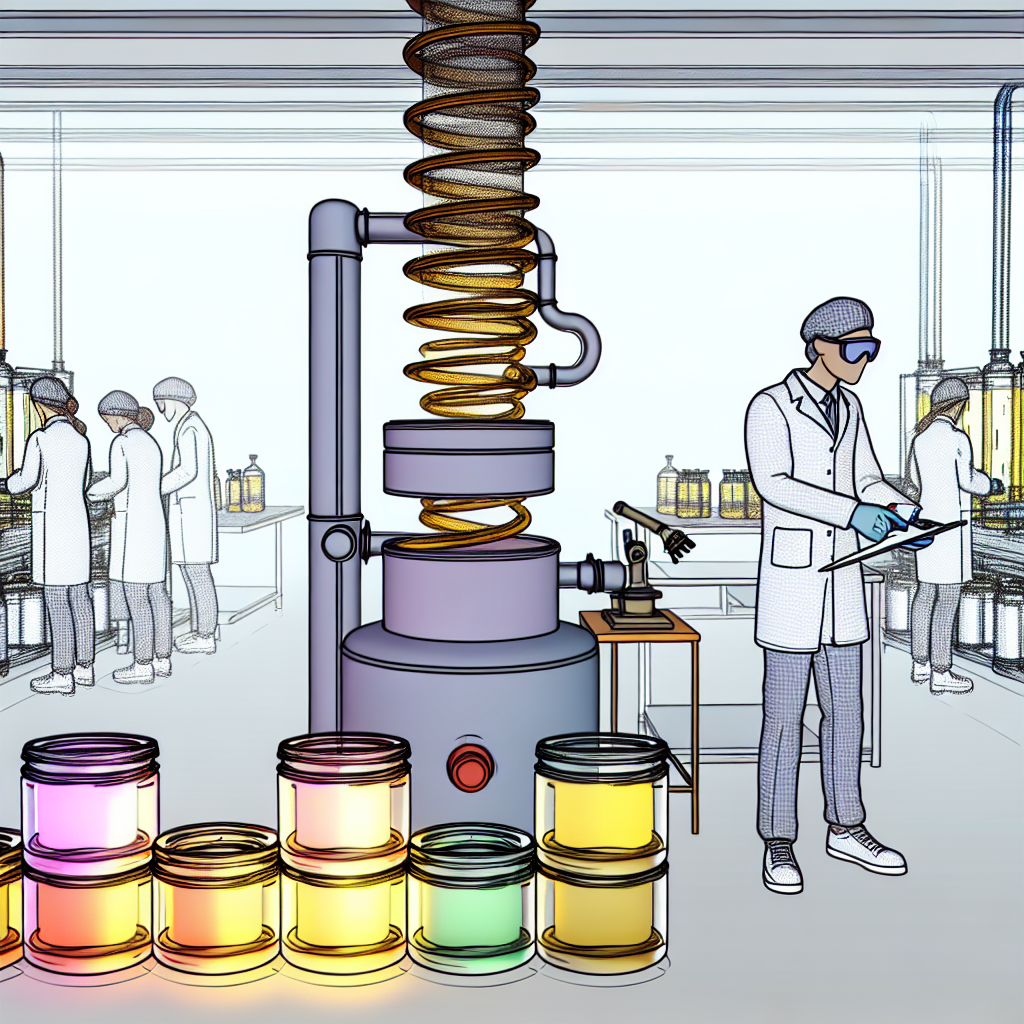Cannabis legalization has been demonstrated to have a mixed effect on juvenile usage and addiction. On the one hand, several studies have found that legalizing cannabis leads to an increase in adolescent use. Research published in the journal Pediatrics, for example, discovered that juvenile marijuana usage increased by 25% in states that allowed recreational cannabis.
Other studies, on the other hand, have found that legalizing cannabis does not increase teenage use. Research published in the Journal of the American Medicinal Association, for example, discovered that juvenile marijuana usage did not rise in states where medicinal cannabis was permitted.
The impact of legalizing marijuana on juvenile addiction is likewise varied. Marijuana legalization has been a hotly debated subject in recent years, with several jurisdictions legalizing the substance for both medical and recreational use.
While supporters say that legalization can help lower crime rates and produce cash for the government, opponents have expressed worry about the possible harmful influence on public health, particularly among young people.
Juvenile Addiction
Indeed, several research have found that cannabis legalization increases juvenile addiction. For example, research published in the journal Drug and Alcohol Dependence discovered that in states where recreational cannabis was authorized, adolescent marijuana use disorder rose by 38%.
This is a troubling development since addiction may have long-term implications for young individuals, such as reduced cognitive function, mental health concerns, and an increased chance of drug dependence later in life.
The normalization of marijuana use that comes with legalization might be one explanation for the rise in teenage addiction. When marijuana is legal and widely available, young people may see it as a harmless substance, leading to experimentation and, ultimately, addiction.
Furthermore, legalization may make it simpler for young individuals to obtain the substance, either legally or through adult friends or family members.
THC Levels
Another issue to consider is the strength of contemporary cannabis strains. Today’s marijuana is far more potent than decades ago, with THC levels exceeding 20%. This enhanced potency can make the drug more addictive and dangerous, especially in young people whose brains are still growing.
Despite these reservations, many marijuana legalization supporters maintain that the benefits exceed the risks. They emphasize the potential economic benefits, as well as the fact that legalization might lower the number of individuals imprisoned for nonviolent drug offenses.
However, it is critical to examine the possible impact on young people and take measures to reduce the dangers of addiction and other undesirable outcomes.
This might include rigorous rules on cannabis marketing and sales, as well as investments in education and prevention initiatives to assist young people in making educated decisions about drug use.
Other research has found that legalizing cannabis does not contribute to an increase in juvenile addiction. Research published in the journal JAMA Pediatrics, for example, discovered that teenage marijuana use disorder did not rise in states that approved medicinal cannabis.
Legalizing Cannabis
Overall, legalizing cannabis has had a mixed effect on juvenile usage and addiction. More study is needed to thoroughly understand the impact of legalization on cannabis usage and addiction among young people. Here are some possible influences on the consequences of legalized cannabis on juvenile usage and addiction:
Legalization age: States that legalized cannabis at a younger age have witnessed an increase in youth usage.
Cannabis availability: States with a more regulated cannabis business have experienced a lower growth in juvenile use.
Cannabis cost: States with more significant cannabis costs have seen a lesser growth in adolescent use.
Public education campaigns: States that have conducted public education efforts regarding the dangers of cannabis use have observed a decrease in youth use.
It is crucial to emphasize that cannabis legalization is a novel occurrence, and additional study is needed to properly understand the long-term impacts of legalization on juvenile usage and addiction.




